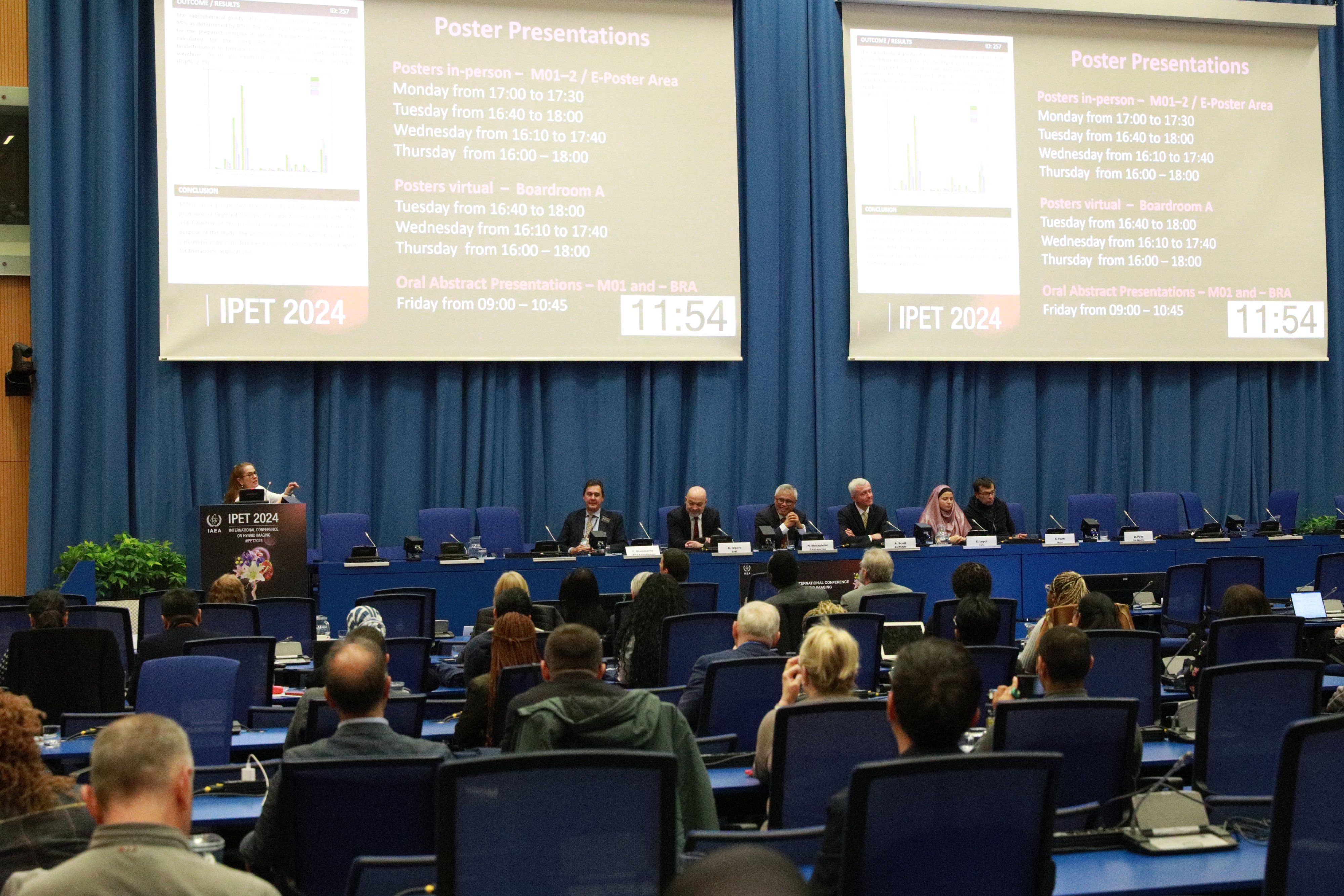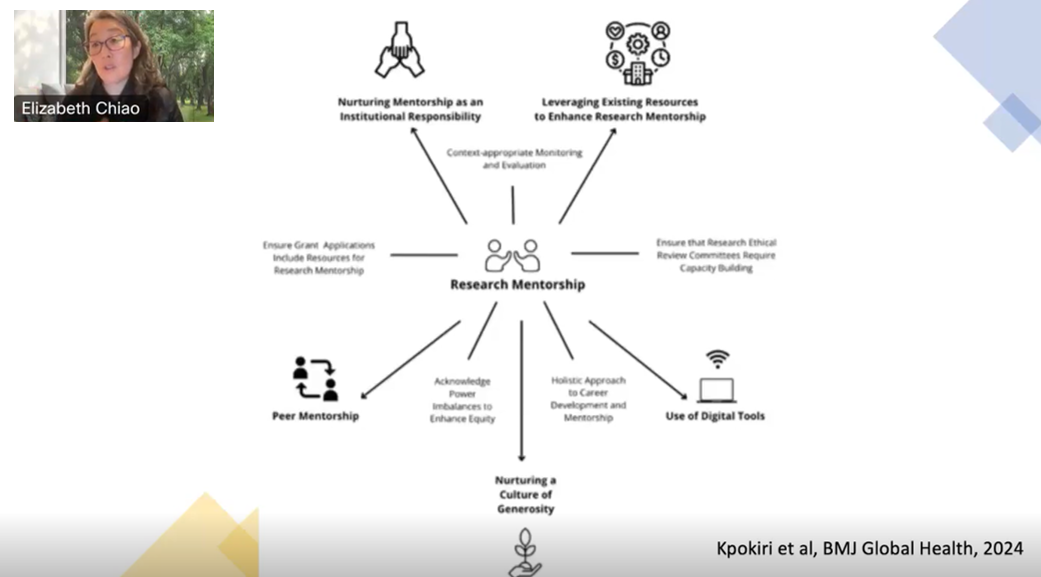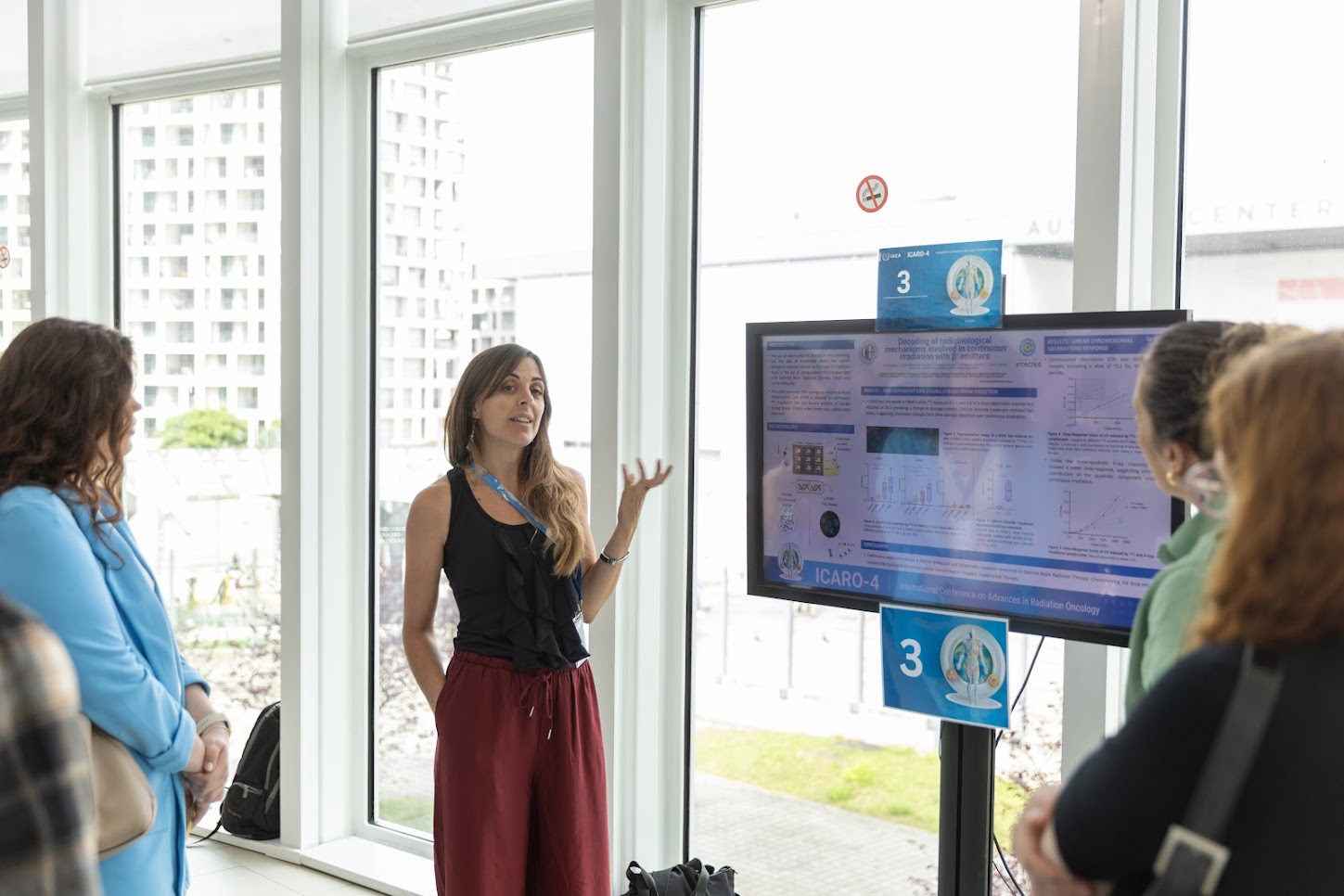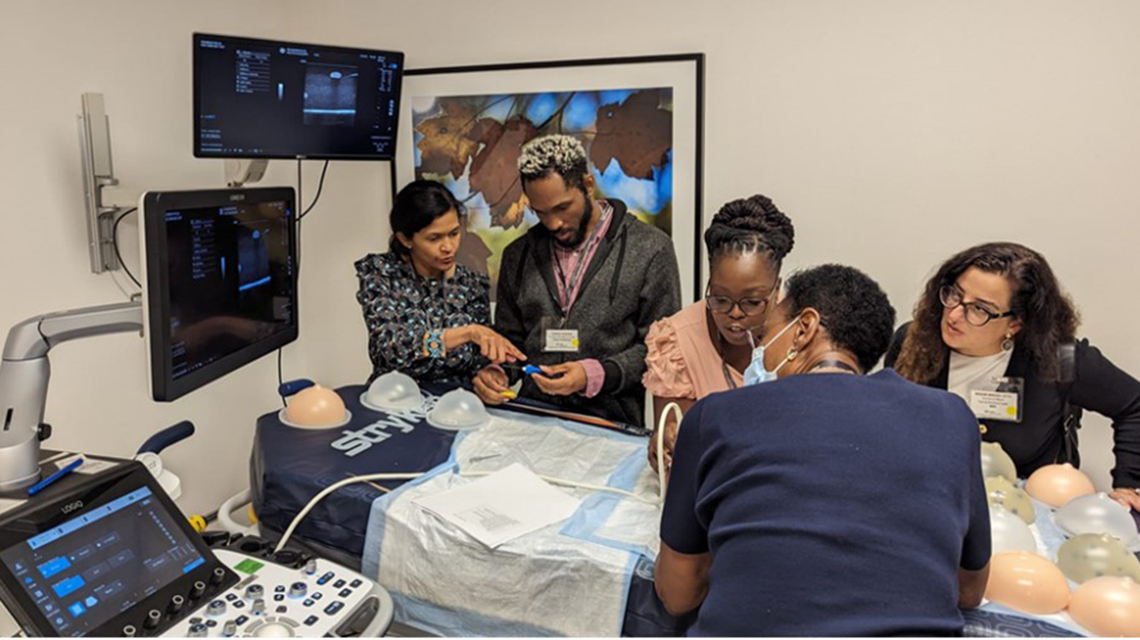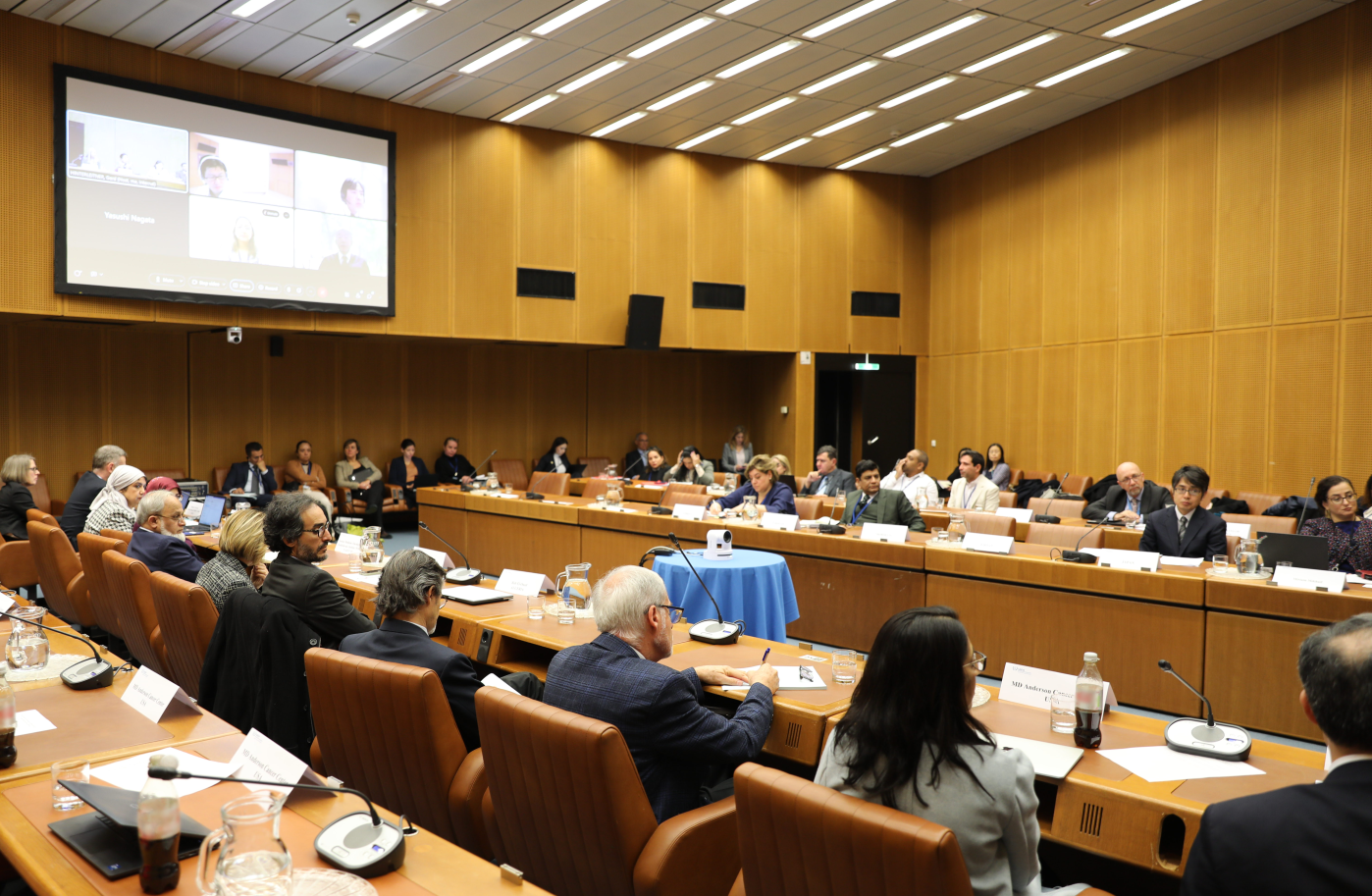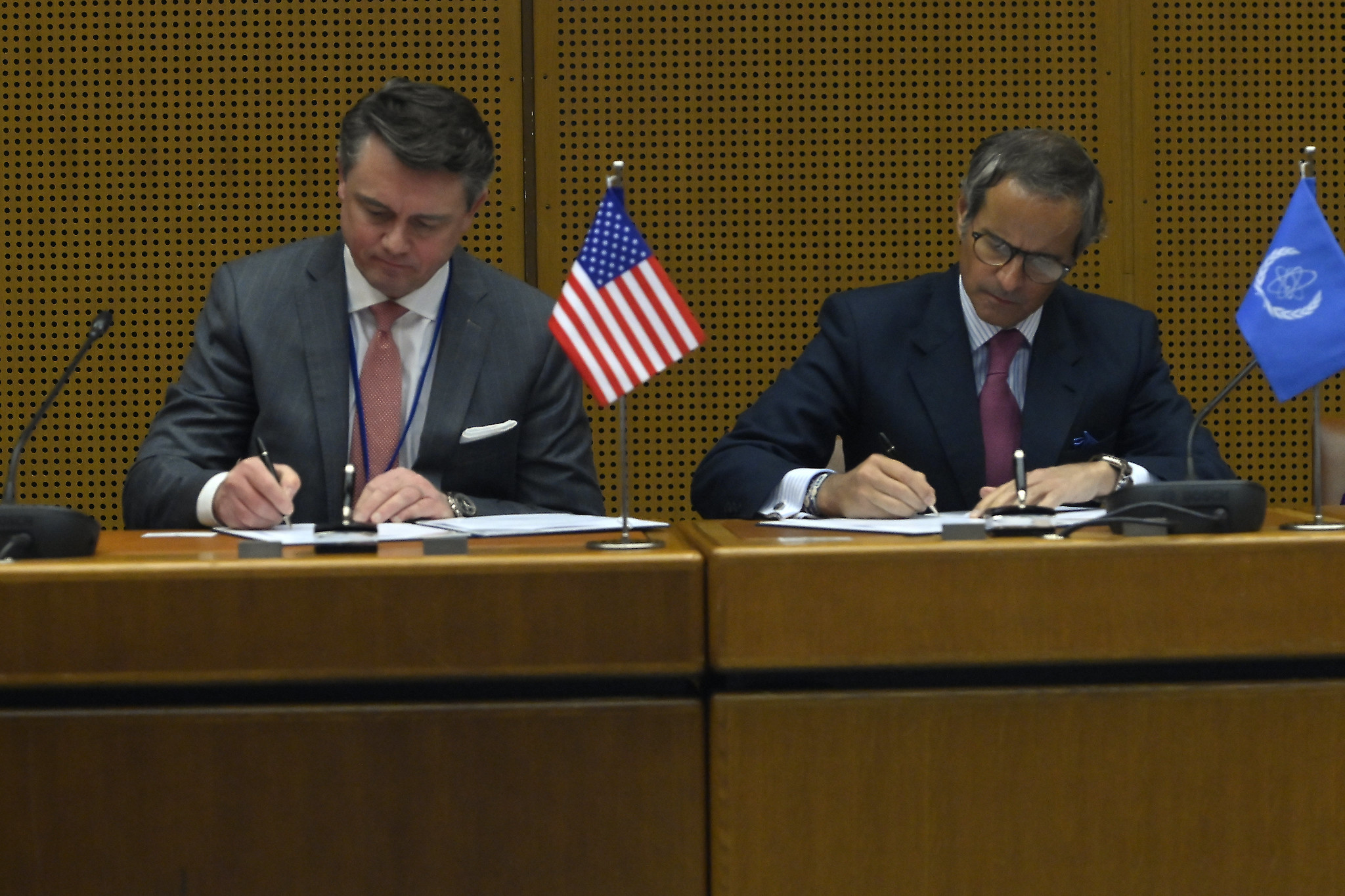The IAEA and the University of Texas MD Anderson Cancer Center, an IAEA Collaborating Centre in Human Health, are strengthening the research capabilities of cancer centres across the globe through a year-long teaching programme. The initiative brings together experts, clinicians and researchers from around the world, including from Rays of Hope Anchor Centres, for monthly webinars and group discussions to enhance scientific inquiry in oncology.
“Research plays a critical role in encouraging novel advances, new techniques and innovative approaches for tackling cancer,” said May Abdel-Wahab, Director of the IAEA Division of Human Health. “Yet despite its importance, most of this research is being carried out in high-income countries, which commonly have different cancer contexts, profiles and priorities from their low and middle-income counterparts, where nearly three-quarters of all cancer deaths are projected to occur by 2030.”
A 2022 review of radiation therapy trials published between 2014 and 2017 found that over 75% were performed in high-income countries while only 13% were carried out solely in low — and middle-income countries. A recent analysis of funding sources and radiotherapy research outputs further highlighted this imbalance across incomes and cancer disease sites.
“Cancer specialists in resource-challenged settings often cited the lack of training in methodology as a major barrier to conducting research,” Abdel-Wahab noted, as one of the lead authors. The 2024 Lancet Oncology Commission on Radiotherapy and Theranostics has also urged greater support for clinical trials to guide best uses and facilitate implementation can increase access to radiotherapy.
